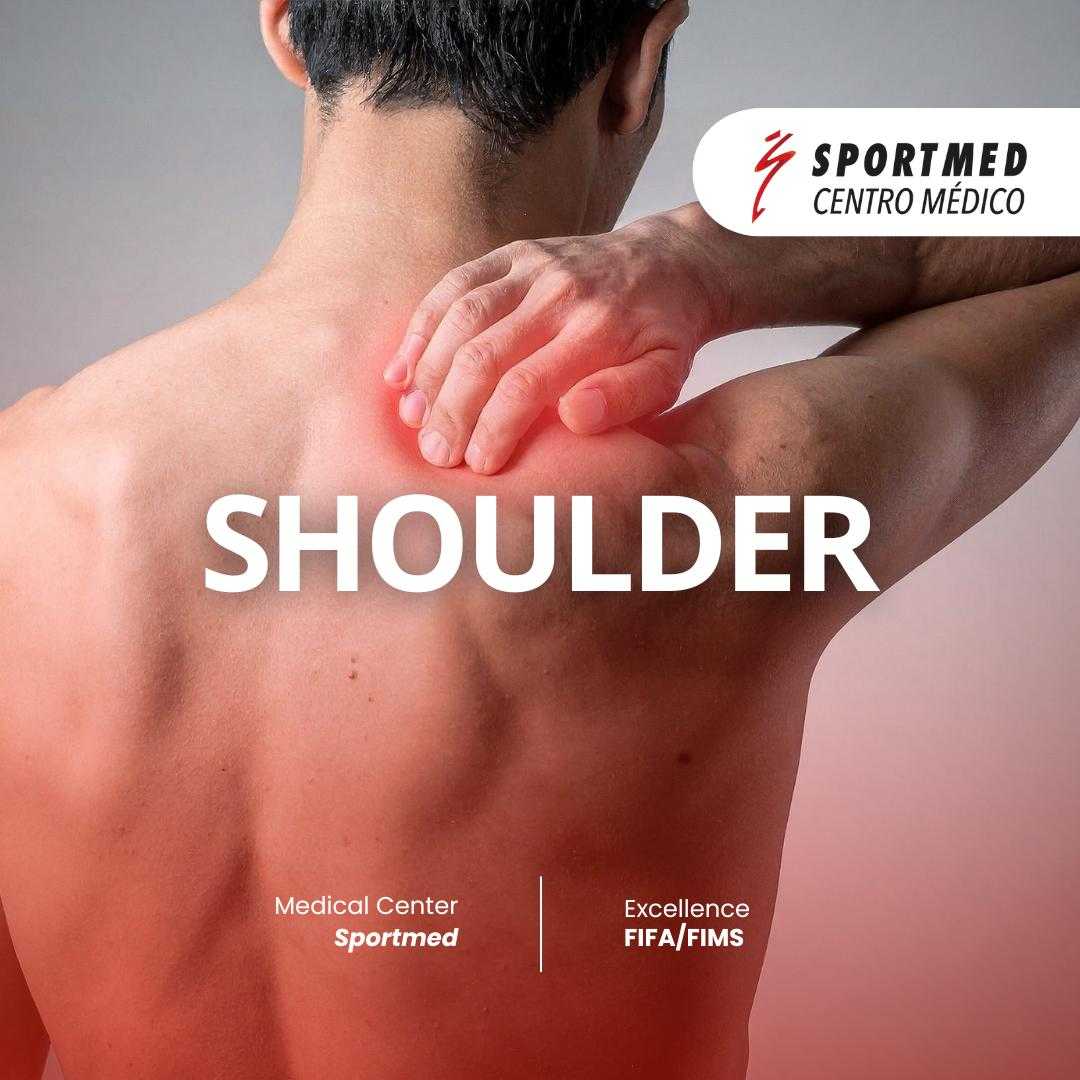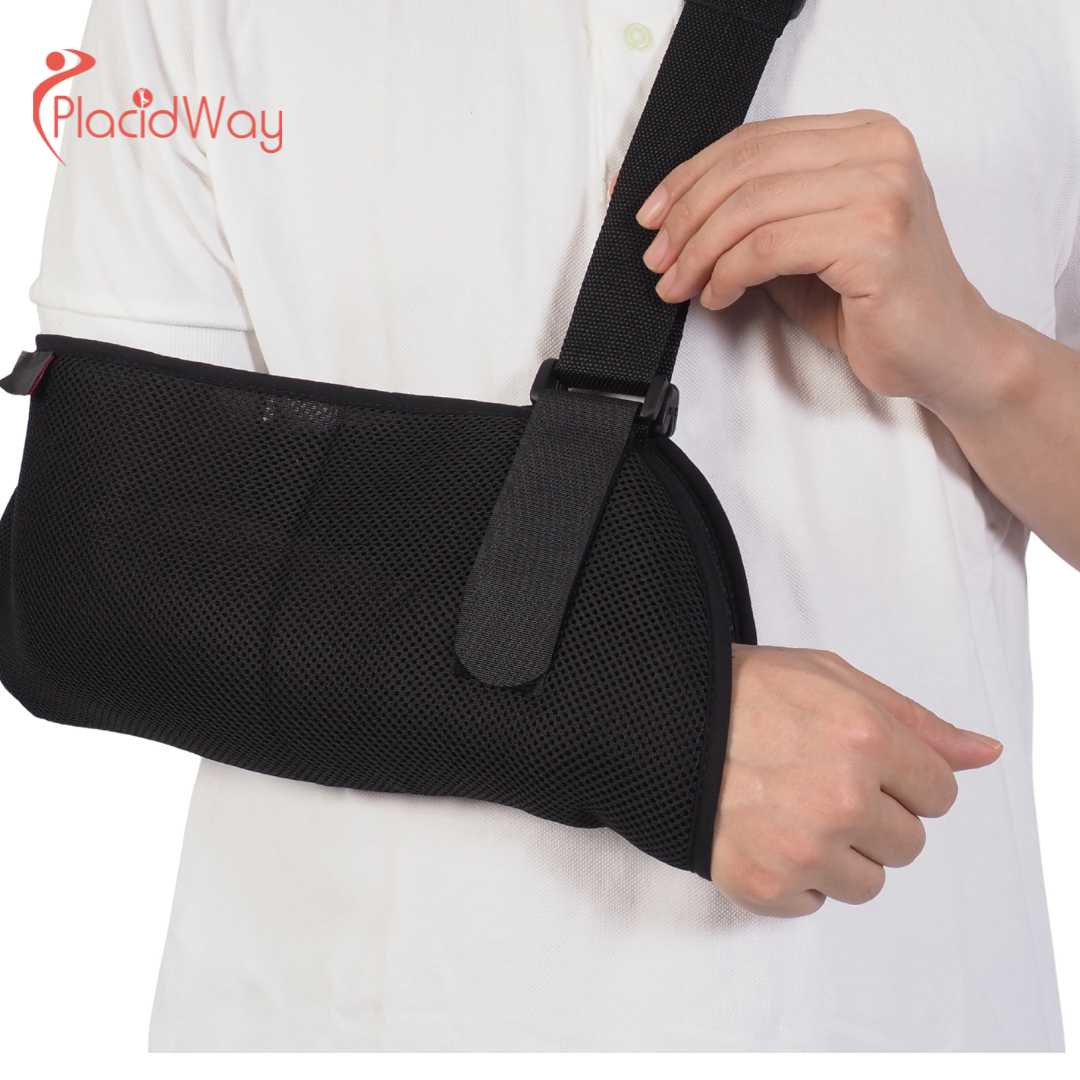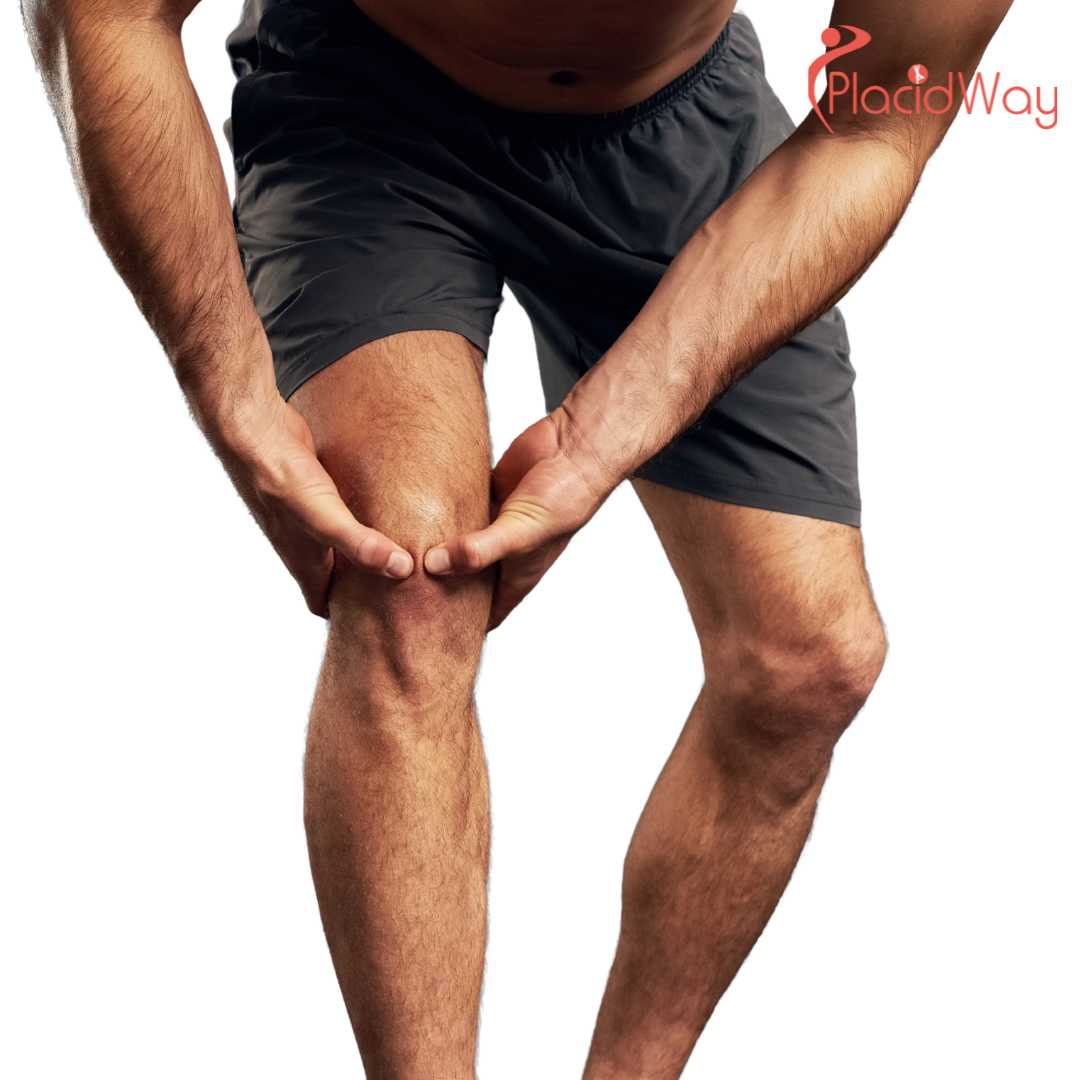Knee Replacement in Mexico: Find Out if You're a Good Candidate
.png)
Living with chronic knee pain can be debilitating, affecting everything from your daily activities to your overall quality of life. When conservative treatments no longer provide relief, knee replacement surgery becomes a viable and life-changing option. For many, knee replacement in Mexico offers a world-class solution at a fraction of the cost in the United States. But is this the right path for you? This guide will walk you through all the essential questions to help you determine if you are a strong candidate for knee replacement in Mexico.
Who is an ideal candidate for knee replacement surgery?
"The ideal candidate for knee replacement surgery is someone who experiences severe, persistent knee pain that limits their daily activities, such as walking, climbing stairs, or getting out of a chair, and has not found significant relief from non-surgical treatments."
If your knee pain constantly interferes with your life and keeps you from doing the things you love, you might be a prime candidate. This procedure is designed for individuals with significant joint damage, most commonly caused by osteoarthritis, rheumatoid arthritis, or post-traumatic arthritis. The goal is not just to alleviate pain but to restore function and improve your overall mobility.
A good candidate has also exhausted conservative options. This means you've already tried treatments like anti-inflammatory medications, physical therapy, cortisone injections, and using a cane or walker, but they no longer provide adequate relief. If you've reached this point, surgery may be the most effective next step.
Are there age or weight restrictions for knee replacement?
"No, there are no absolute age or weight restrictions for knee replacement surgery. The decision is based on a patient's level of pain and disability, not their age. Likewise, while being at a healthy weight is beneficial, high BMI is not an automatic disqualifier."
While most people who undergo knee replacement are between 50 and 80, surgeons evaluate each patient individually. The procedure has been successfully performed on patients of all ages, from teenagers with juvenile arthritis to elderly individuals with degenerative disease. Your overall health and the impact of the knee pain on your quality of life are far more important factors than your chronological age.
Similarly, while obesity can increase the risks associated with any surgery and put more stress on the new implant, many surgeons in Mexico will still consider patients with a higher BMI. They will conduct a thorough health assessment to ensure you are fit for the procedure and may recommend a pre-operative weight management plan to optimize your surgical outcome.
What medical conditions might affect my candidacy?
"To be a candidate for knee replacement in Mexico, you should be in good general health. Certain uncontrolled chronic conditions, like severe heart or lung disease, uncontrolled diabetes, or active infections, can increase surgical risks and may need to be managed before you are cleared for surgery."
Your safety is the top priority for reputable medical teams in Mexico. Before you are approved for surgery, you will undergo a comprehensive medical evaluation. This typically includes a review of your medical history, blood tests, and an EKG to assess your heart health.
If you have a chronic illness, it doesn't automatically rule you out. The key is that the condition must be well-managed. Your orthopedic surgeon will often collaborate with your primary care physician or other specialists to ensure that you are in the best possible health before proceeding with the knee replacement.
Why is knee replacement in Mexico so affordable?
"The cost of knee replacement in Mexico is significantly lower than in the U.S., typically ranging from $7,000 to $15,000, because of the lower cost of living, reduced administrative overhead, and more affordable medical malpractice insurance for surgeons."
Many people are surprised to learn they can save 50-70% on their surgery without sacrificing quality. A knee replacement that might cost over $50,000 in the United States is available at a much more accessible price point in Mexico. This cost difference is not a reflection of inferior care, technology, or materials.
In fact, top orthopedic hospitals in Mexico use the same high-quality, FDA-approved implants from leading brands that are used in the U.S. The savings come from a different economic structure, allowing clinics to offer comprehensive, all-inclusive packages that often cover the surgery, hospital stay, surgeon's fees, and even post-operative physical therapy.
Is it safe to get a knee replacement in Mexico?
"Yes, getting a knee replacement in Mexico is very safe, provided you choose a board-certified orthopedic surgeon and an internationally accredited hospital. Leading Mexican hospitals adhere to the same high standards of care and safety protocols as top U.S. facilities."
The key to a safe and successful medical journey to Mexico is doing your research. Focus on surgeons who are board-certified and have extensive experience performing knee replacements for international patients. Look for hospitals with international accreditations, which demonstrate a commitment to global standards of quality and patient safety.
Many facilities in popular medical tourism destinations like Tijuana, Cancun, Guadalajara, and Los Cabos are specifically designed to cater to international patients. They offer English-speaking staff, seamless coordination of care, and transparent pricing to ensure a stress-free and positive experience.
What does the process for an international patient look like?
"The process typically begins with a remote consultation where you share your medical records and X-rays. Once approved, the clinic helps you plan your trip. The stay in Mexico is usually around 10 to 14 days, which includes the surgery, a short hospital stay, and initial physical therapy at a recovery facility."
The journey is well-structured. After your initial consultation and booking, the medical team will provide you with pre-operative instructions. Upon arrival in Mexico, you'll have a final in-person evaluation before your surgery. The procedure itself usually takes a couple of hours.
After the operation, you'll spend a few nights in the hospital for monitoring. Following discharge, many patients move to a dedicated recovery house or a comfortable hotel. During this time, you will begin your crucial physical therapy regimen to start regaining mobility and strength before you are cleared to fly home.
How much pain is involved, and what is recovery like?
"Modern pain management techniques, often administered by surgeons in Mexico, significantly control post-operative pain. Recovery involves a structured physical therapy plan that begins almost immediately after surgery to restore movement and strength."
While you can expect some discomfort after surgery, it is typically well-managed with medication. Many surgeons use advanced techniques like local nerve blocks for targeted pain control. The initial recovery phase focuses on light walking with the help of a walker or crutches and specific exercises taught by a physical therapist.
Most patients can resume many normal daily activities within 6 to 12 weeks. Full recovery and a return to low-impact sports like swimming or golfing can take several months. Adhering to your physical therapy plan is the most critical factor for achieving the best long-term outcome.
Ready to take the next step toward a pain-free life? PlacidWay can connect you with leading, board-certified orthopedic surgeons and accredited hospitals in Mexico. Explore your options and start your journey to renewed mobility today!


.png)

.png)












Share this listing